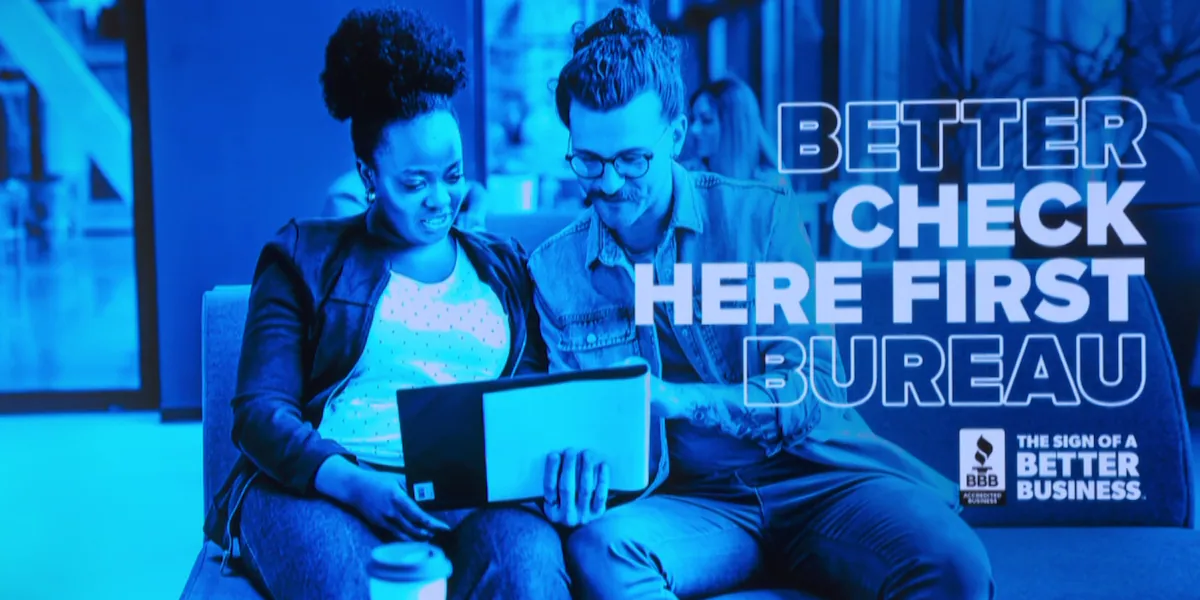Copyright WIS10

COLUMBIA, S.C. (WIS) - From fake Bitcoin investments to phony Medicare enrollment offers, scammers are getting more creative as the holidays approach. As online shopping and charitable giving ramp up, experts say scam activity tends to rise right alongside it. Columbia resident Andrew White said he recently received a call telling him to move all of his investments into Bitcoin — a classic red flag. “My most recent one was saying I needed to pull out all my investments and put them in Bitcoin,” White said. “I just blocked the call and moved on.” Others in the Midlands say the scams come through texts and social media messages just as often as phone calls. Colin McCarthy says he gets texts claiming he owes parking tickets or unpaid tolls. Ragin Marinucci said she’s seen fake job postings and toll alerts. “It’s obviously just spam,” she said. “Or I get job notifications like ‘we’re hiring’ and the company doesn’t exist.” Chris Hadley, president of the Better Business Bureau’s Central South Carolina and Charleston branches, said scams are now showing up more frequently on social media and fake websites. “According to stats from the FBI, there were $785 million in online scam reports last year,” Hadley said. “Scammers are flooding Facebook, Instagram, and other platforms with fake ads and websites.” Hadley said the shift to digital scams has made it easier for criminals to impersonate real businesses or agencies. Hadley also warned about phone calls targeting seniors or those signing up for health benefits. “You’ve got them contacting folks about open enrollment season — pretending to be from Medicaid or Medicare,” he said. “Those agencies are not going to call you asking to verify your Social Security number or any personal information. If you get a call like that, hang up.” The Better Business Bureau and Federal Trade Commission recommend taking these steps to avoid falling victim: Verify before you buy. Check out companies and websites at bbb.org or through the BBB Scam Tracker. Use a credit card for online purchases — credit card fraud is easier to report and recover than debit card fraud. Don’t click links in unsolicited texts, emails, or social media ads. Go directly to a retailer’s official site instead. Report scams at reportfraud.ftc.gov or contact your local law enforcement agency. Experts say scam attempts typically rise during the final months of the year — as people shop for gifts, travel deals, and charitable donations. Remaining skeptical and double-checking links before you click could keep your personal information — and your money — safe. If you think you’ve been targeted by a scam, visit bbb.org/scamtracker or reportfraud.ftc.gov to report it. Feel more informed, prepared, and connected with WIS. For more free content like this, subscribe to our email newsletter, and download our apps. Have feedback that can help us improve? Click here.



